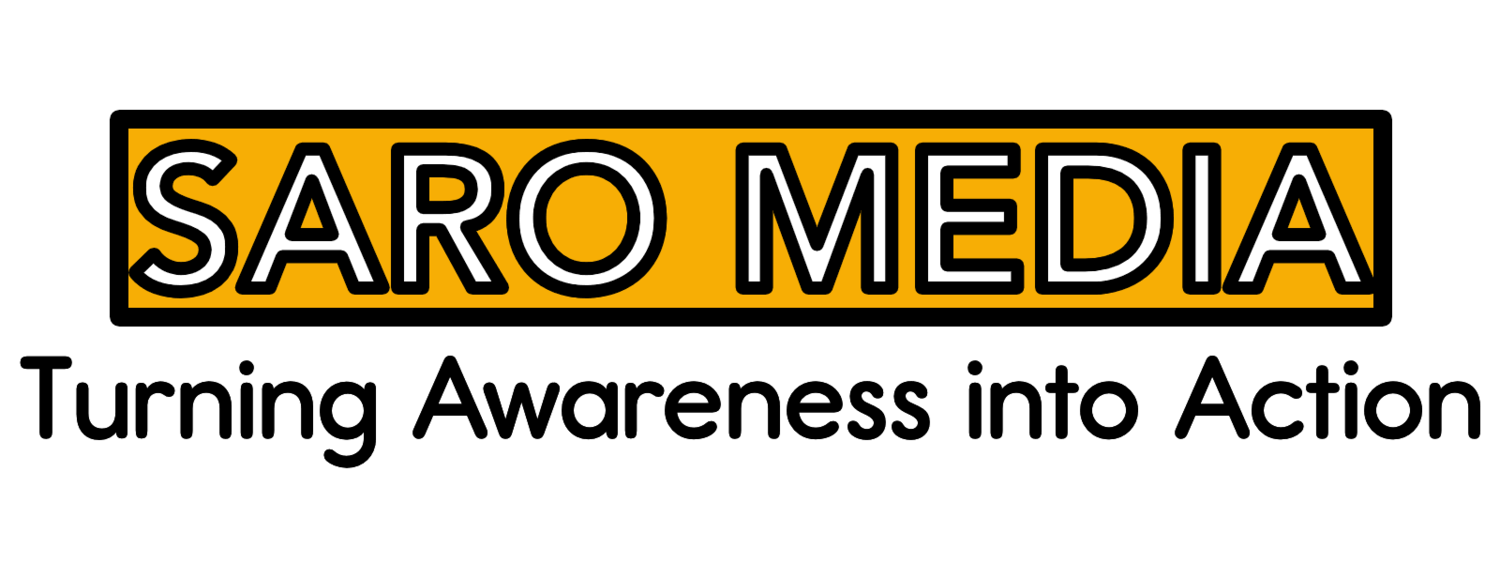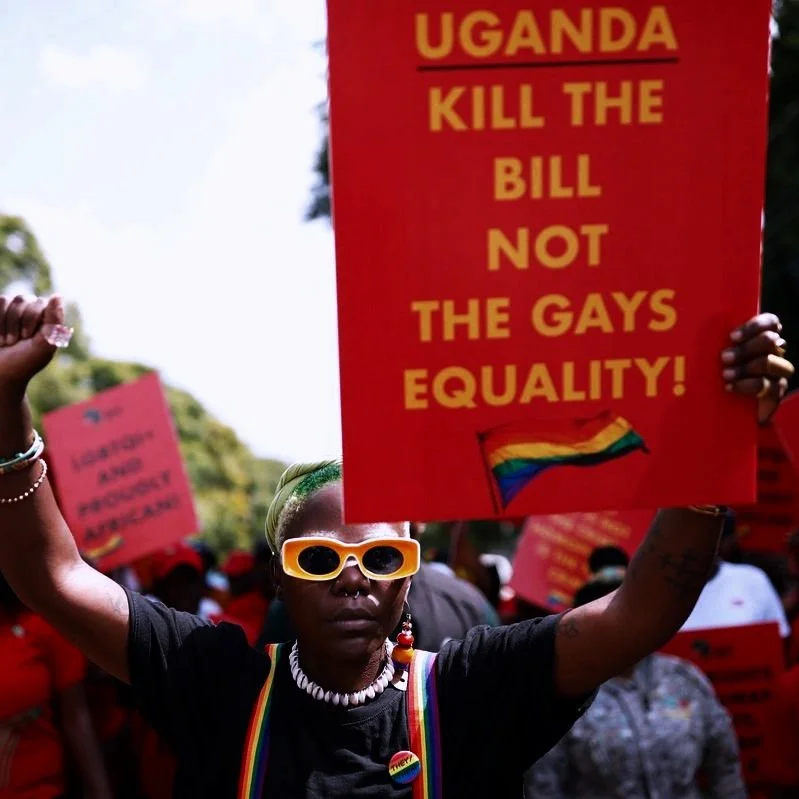Current Projects
Research Project: Funding to local Civil Society Organizations in East Africa
Context:
At the forefront of social justice movements in the Global South are countless civil society organizations and activists working to cement and safeguard human rights. These groups and activists face numerous challenges that limit their impact on rights advancement. The issue of funding in particular presents a serious threat to local social justice activism in the global south. According to available funding data, the level and type of funding allocated to social justice groups, particularly in Africa, fails to reflect the unique needs of these important institutions. Much of the funding channeled to these organizations is in the form of short term, non- renewable, and project specific grants with limited thematic focus (Ford Foundation, 2018).
Further compounding these challenges is the percentage of total global funding available to local groups on the continent. Historically, global funding to human rights organizations has gone to subsidiaries of international NGOs (Civicus, 2019). In fact, this trend has remained largely unchanged even when the world has grown and continues to become “increasingly multipolar and dynamic…with new centers of moral legitimacy” (Ford Foundation, 2018). At the same time, there has been growing recognition among donors of the need to channel greater funding to human rights groups in the Global South (Ford Foundation, 2018; OECD, 2020.) Unfortunately, this recognition hasn’t translated into meaningful support as a large percentage of international funding continues to go to International NGOs (Civicus, 2019). In fact, of the USD 142.6 billion spent on official development assistance (ODA) by OECD-DAC countries in 2018, only 15% or USD 19.7 billion went directly to civil society groups in the global south (Civicus, 2019). This figure has remained unchanged even while ODA for 2020 increased by USD 20 billion (OECD, 2020).
At the same time, research shows that human rights organizations in the Global South are better poised to thrive with unrestricted, multiyear general operating support over a relative long period of time as this allows them to be more responsive and strategic in facing new challenges (Ford Foundation, 2018). With more stable funding over a long period of time, human rights groups are able to strategize more effectively and respond to the changing political landscapes (Ford Foundation, 2018). Unfortunately, at the core of this mismatch in funding need and support is general awareness of the type and level of funding needed to ensure long term sustainability of these groups.
Project overview:
To that end, Saro Media plans to implement a survey of funding trends to local civil society organizations in East Africa to better understand the challenges these organizations face, specifically the type of funding available to these groups. As it stands, there is limited data and research on this topic. Through this project, we hope to remediate this issue while also raising awareness about the deleterious impact of limited and non-tailored grant making to local civil society organizations in East Africa.
Goal:
Ultimately the goal of this research project is to inspire not only greater philanthropic support but also tailored or strategic grant making to these organizations that will allow them to have a deeper impact on social justice advancement on the continent while also furthering their long-term operation.
References:
Civicus. (2016). Southern Philanthropy, Social Justice and Human Rights. https://www.civicus.org/index.php/media-resources/reports- publications/1777-paper-southern-philanthropy-social-justice-and-human- rights
Civicus. (2019.). Shifting the Power to Grassroots Movements. Retrieved January 17, 2021, from https://www.civicus.org/index.php/media- resources/reports-publications/3969-shifting-the-power-to-grassroots- movements
Ford Foundation. (2019). Strengthening Human Rights Worldwide: A Learning Review Summary. Ford Foundation. Retrieved January 16, 2021, from https://www.fordfoundation.org/work/learning/program- evaluations/strengthening-human-rights-worldwide-a-learning-review- summary/
SARO MAGAZINE
In an effort to broaden our reach and explore avenues to impact issues that align with our mission and vision, we are launching Saro Magazine, a magazine dedicated to local creative expression unfiltered through the gaze of Neo-colonial narrative with a critical and undiluted gaze at Africa. At its root is the impetus for collective interrogation around what Africanness means. The magazine is situated at the intersection of culture, history, and collective identity – a space that is changing and contested.
Cognizant of this, Saro Magazine aims to understand “Africanness” through while also drawing on current trends in African creative expression, the untapped cultural capital on the continent, the plethora and diversity of lived experiences encompassing blackness, and Africanisms in the Diaspora to showcase the variety of ideas and understanding of contemporary Africa with the following goals:
Reimagining Africa’s future and exploring ways for liberation through Afrofuturism and black humanistic agency;
Complementing contemporary economic and political movements for black emancipation in order nurture and further black self-determination;
Excavating and reclaiming an innate shared heritage among black people across the world;
And centering blackness in understanding of cultural epistemological underpinnings and evolving nature of Africanness.
Queer Exile Project
Context: Recently Uganda passed the Anti-Homosexuality Act, a law that criminalizes same sex sexuality and sexual minority activism in the country. In addition to life imprisonment for same sex conduct, the new law increases prison time for “attempt at same-sex conduct” (Human Rights Watch 2023). Uganda’s new law is informed by similar laws being passed in a number of African countries including Ghana, Tanzania, and Zambia (Bhandari 2023). These laws build upon existing penal codes that are widely viewed as legacies of colonialism. More than half of the 54 countries in Africa have some laws that criminalize homosexuality (BBC News 2023). At the forefront of efforts to reverse these laws are organizations like Sexual Minorities of Uganda, whose successes include reversing Uganda’s 2009 Anti-homosexuality Act. These organizations and activists are pivotal in cementing human rights in the Global South and we seek to support their efforts.
Project Details: In light of these developments, we plan to implement the Queer Exile Project, a project that seeks to document the stories of queer Africans displaced as a result of laws that criminalize homosexuality. Through story-telling and photography, we hope to bring greater attention to these laws while highlighting the important work of activists and local civil society organizations fighting for sexual minority rights in Africa.
References:
Bhandari, Aditi. “Uganda’s Anti-Gay Bill Is the Latest and Worst to Target LGBTQ Africans.” Reuters, April 7, 2023. https://www.reuters.com/graphics/UGANDA-LGBT/movakykrjva/.
Human Rights Watch. “Ugandan Parliament Passes Extreme Anti-LGBT Bill,” March 22, 2023. https://www.hrw.org/news/2023/03/22/ugandan-parliament-passes-extreme-anti-lgbt-bill.
BBC News. “Homosexuality: The Countries Where It Is Illegal to Be Gay.” April 20, 2018, sec. World. https://www.bbc.com/news/world-43822234.




